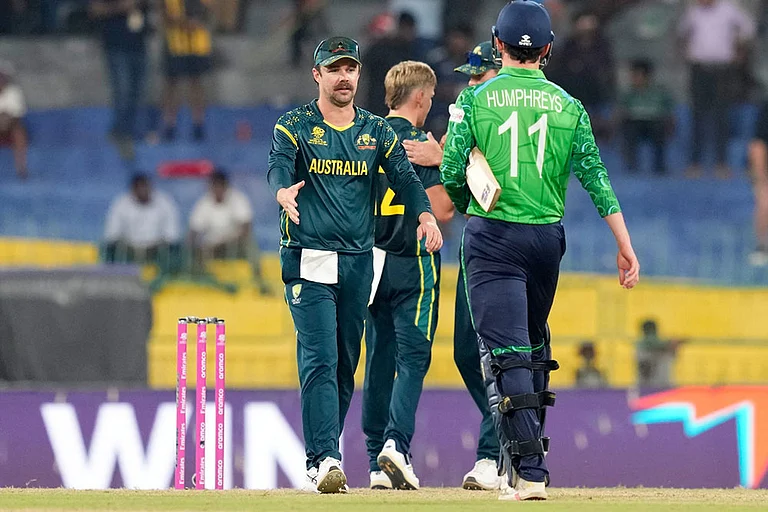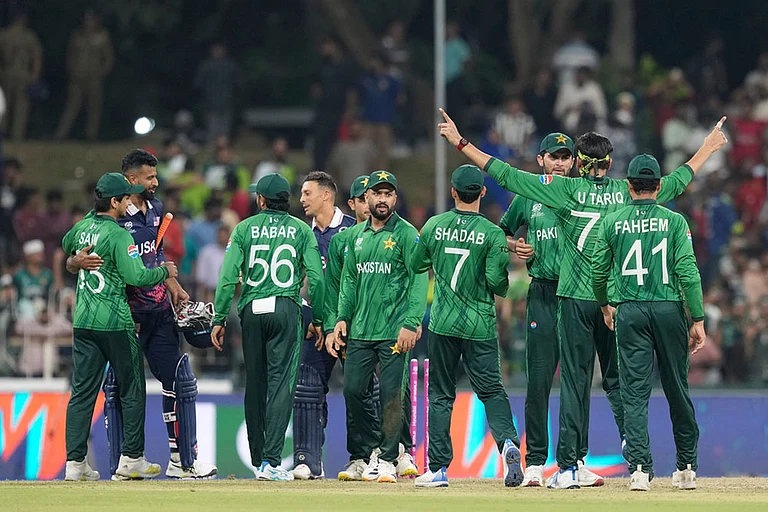A group of election observers from the European Union and the Commonwealth have arrived in Sri Lanka to monitor the September 21 presidential election, Election Commission officials said on Sunday.
They are here at the invitation of Sri Lanka’s Election Commission.
The EU has previously done election monitoring in Sri Lanka six times with the last being at the presidential election of 2019.
“The deployment of the Election Observation Mission in Sri Lanka this year confirms our long-standing commitment to supporting credible, transparent, inclusive and peaceful elections in the country," the head of the observer group said in a statement on Saturday.
“The forthcoming presidential election will give a new impetus to democracy following the 2022 political and economic crisis. This election is important for Sri Lanka to continue making progress on its path of reforms and lasting recovery, in full respect of democratic values," the head of the observer group was quoted as saying.
The EU observer mission is comprised of different groups of observers.
While the core team of a Deputy Chief Observer and nine election experts have already arrived in Colombo, 26 long-term observers will join the mission and will be deployed across the country to follow the election campaign.
Thereafter, 32 short-term observers will reinforce the mission on election week, also deployed throughout the country.
Over 17.1 million registered voters are eligible to vote at the election for a direct vote to elect an executive president for a 5-year term.
The incumbent President Ranil Wickremesinghe, the main opposition leader Sajith Premadasa and the Marxist JVP leader Anura Kumara Dissanayake are the front runners with over 17 million of the island’s 21 million population eligible to vote.




























